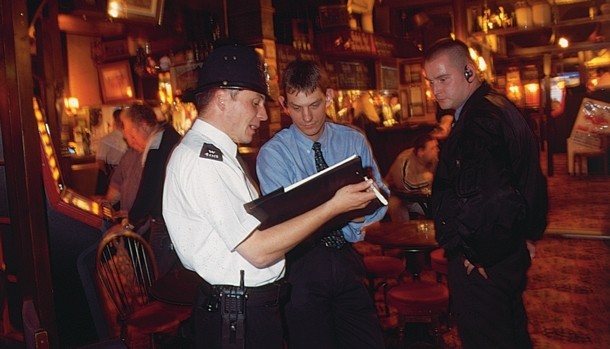Legal advice
Take actions to avoid revocation of licence

This was after a review hearing, and which have caused me to consider whether there are some generally applicable actions that premises licence holders can take when things have gone wrong — particularly when revocation is being sought by the police or has already been ordered by the committee at the police’s request.
Review applications come in many shapes and forms but I am considering the situation where the police may have undertaken several interventions (perhaps by way of action plans) in
an effort to address a claimed high number of crime and disorder-related incidents at the premises but without success.
They have then gone on to review the premises licence citing the failures of those interventions and coming to the conclusion that revocation is the only answer.
It seems to me that the approach of the premises licence holder must be twofold; firstly, trying to ensure that there are no further incidents at the premises in the short term, and secondly, arriving at a long-term business plan, which will significantly reduce crime and disorder-related incidents.
Both of these prongs should lead to a more positive working relationship with the police who may or may not be prepared to engage during the review and/or appeal process.
I would suggest some positive steps as follows:
- These situations will often involve criticism of the designated premises supervisor (DPS), therefore a priority may be to target the recruitment of a new DPS who finds favour with the police and in whom they will have confidence going forward.
- The change of DPS may be reinforced by reconsideration of the management structure, in general, and included within that consideration the replacement of the door team at the premises.
- This may necessitate a change of supplier dependent upon the individual circumstances of the case but at least having the right people running the door should also be a move in the right direction.
- It may well be worth investing in an intensive programme of retraining — perhaps by an accredited local supplier who finds favour with the authorities — concentrating on the issues relevant to the particular review application, which are typically drunkenness, underage sales and the entry policy at the front door.
- Encapsulate all of this in a fresh operational policy detailing the experience of those involved in the management of the premises and breaking down how they intend to manage the different areas of the business from the front door right through to dispersal at the end of the evening.
These suggestions are not intended to be exhaustive. Authorities are often keen on the use of ID scanners and breathalysers, for example, but options such as these may be better kept in reserve in the first place due to the expense of their introduction.
It will always be worth trying to sit down with the police at an early stage in proceedings once the above measures have either been put in place or are about to be put in place in an effort to seek their approval.
In the best case scenario, you may find that the police’s position becomes more accommodating and even if that is not achievable you will have significantly strengthened your case for argument before the licensing committee or magistrates.





